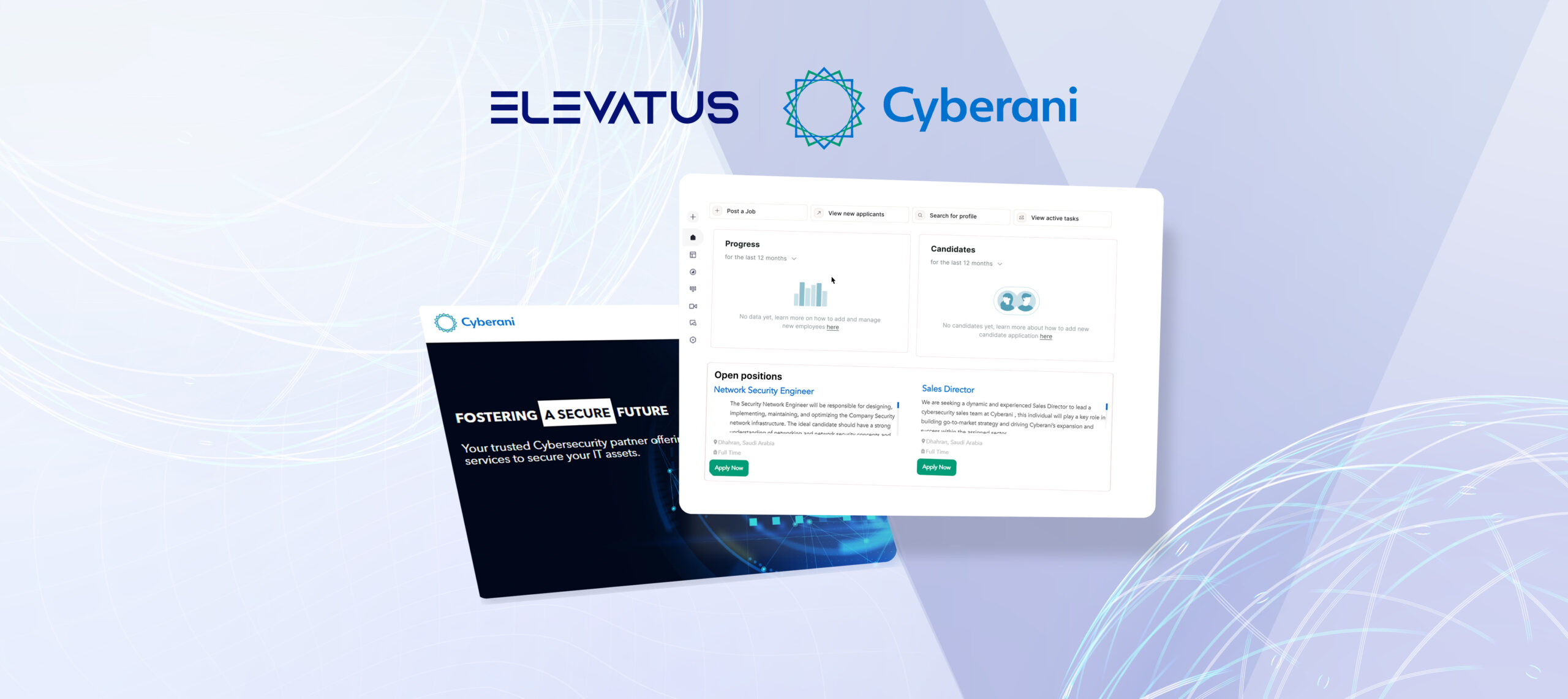
Departmentalization definition
January 30, 2024
Elevatus
Content Writer
Departmentalization is the practice of dividing an organization into different departments or functional units, each with its own set of tasks and goals. These departments can either have employees with similar roles and objectives or encompass a mix of skills. Effective coordination and accountability among employees within these departments are vital to achieving the organization’s overall objectives.
Why do organizations need departmentalization?
At its core, departmentalization involves breaking down an organization into manageable segments, facilitating more effective and efficient management. Here are the key reasons for its importance:
- Grouping specialized activities: Departmentalization brings together employees with specialized skills and responsibilities. This simplifies task assignments, coordination, and supervision, allowing for more effective delegation of authority.
- Improving communication and coordination: Efficient communication and coordination are essential for any organization. Departmentalization enhances these aspects by grouping employees with common tasks, functions, or skills, establishing clear hierarchies, and facilitating seamless interaction.
- Establishing decision-making authority: As organizations grow in complexity, maintaining control becomes challenging. Departmentalization empowers managers to oversee activities, delegate authority, and hold employees accountable by grouping them into departments.
- Enhancing efficiency and productivity: Departments composed of employees with similar skills and knowledge encourage resource-sharing and collaboration, fostering innovation. It enables managers to match tasks with employees’ abilities, boosting morale and motivation.
- Defining responsibilities and accountability: During departmentalization, each department determines its tasks, clarifying responsibilities and accountability. This aids in recognizing and rewarding employee efforts and outcomes.
Main types of departmentalization
When departmentalizing, organizations consider factors like their size, complexity, goals, and the nature of their products or services. Choosing the appropriate departmentalization type aligns with the organization’s strategic objectives and enhances operational effectiveness. So, there are several main types of departmentalization, each serving distinct organizational needs:
- Functional departmentalization: This is the most common type, grouping employees by the functions they perform, such as finance, marketing, logistics, human resources, and operations. It optimizes efficiencies due to the similarity of tasks within each function.
- Geographic departmentalization: Organizations with widespread operations, like retail chains, fast-food restaurants, and banks, use this approach. It organizes employees based on the territories or geographies they cover, facilitating effective communication across time zones and cultures.
- Product departmentalization: Employees are grouped based on all activities related to developing, manufacturing, and delivering specific products. This ensures specialized knowledge and expertise for each product line.
- Customer/market departmentalization: Common in organizations serving specific markets or customer segments, it aids in understanding customer needs and emphasizes efficient customer service and satisfaction.
- Process departmentalization: This approach groups activities by production processes, often seen in manufacturing and production companies. It allows for effective monitoring and control of product or service quality by coordinating different processes.
Step into the HR world, where we simplify complex jargon for you. Our Glossary isn’t just a list—it’s an easy-to-understand guide to HR terms.
Browse our Recruiting Definitions for growing insights in HR. Find straightforward answers to questions like:
- What does quiet hiring mean?
- What is a talent acquisition strategy?
- What is an employee assistance program?
Turn top talent to employees fast
Hire, assess, onboard and manage top talent for every job. See how Elevatus streamlines everything; from acquire to new hire.
Request a demoAuthor
Elevatus
Don't miss a thing!
Stay one step ahead. Subscribe and get the latest updates, news, and insights from Elevatus straight to your inbox.





